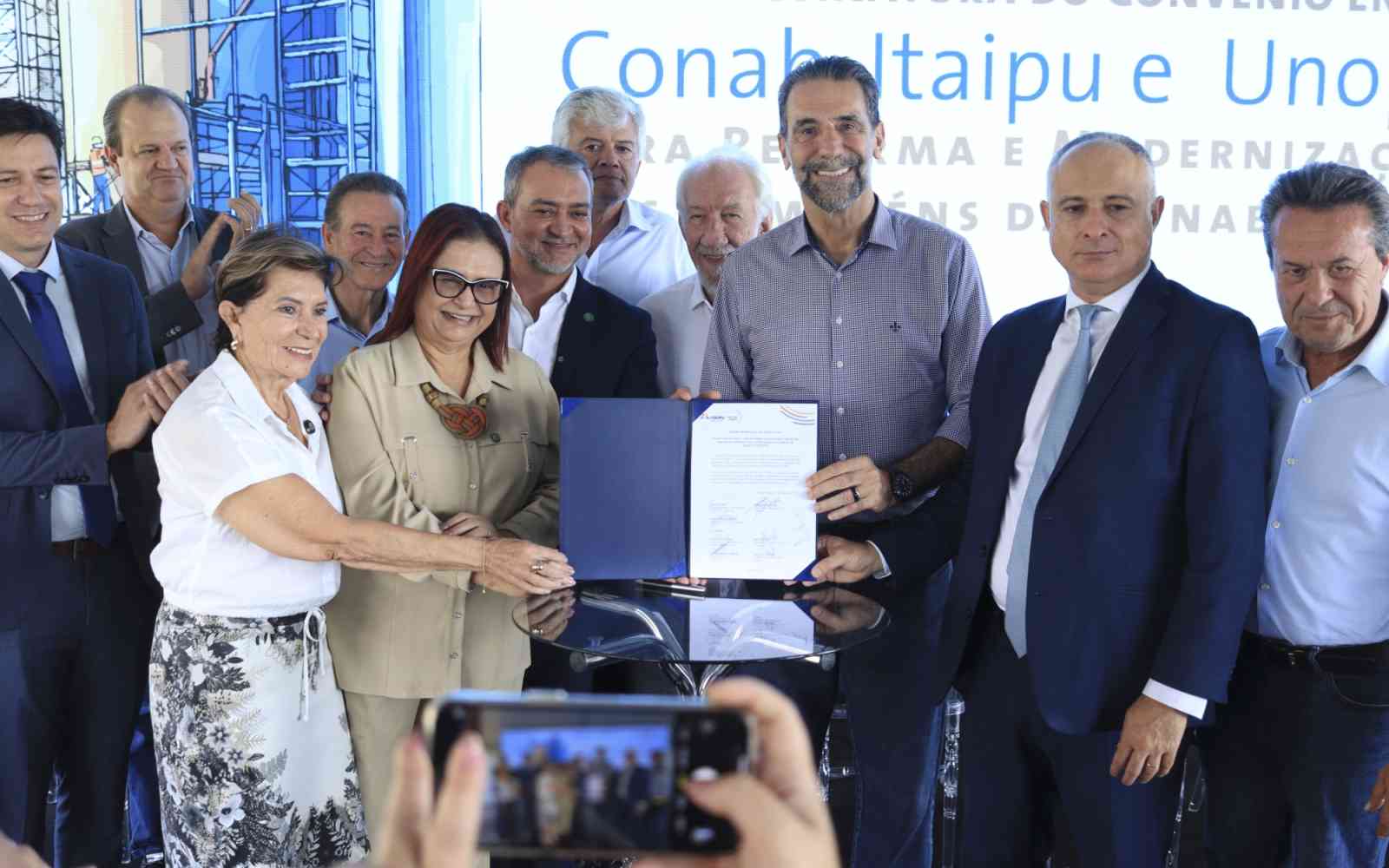The United Nations Office for Project Services (UNOPS)
Helping Beirut rebuild vital public infrastructure
Together with the government of Germany and local partners, UNOPS is working to restore vital public services as Lebanon's capital continues to recover following the Port of Beirut explosion.
This article was originally published 2 March 2022 and has been updated to reflect recent project developments.
Latest updates
10 February 2025
A solar energy system was installed in the Adlieh tunnel in Beirut to improve accessibility, mobility and safety, particularly at night. Additional safety measures within the tunnel were also provided, including marking, asphalting and installing signages and cateyes.
UNOPS Executive Director Jorge Moreira da Silva visited the tunnel together with H.E. Ambassador of Germany to Lebanon, the Governor of Beirut, and other representatives. Jorge Moreira da Silva said: “In this crucial moment, we remain steadfast in our efforts to support the people of Lebanon to materialize their vision of a stable and thriving country.”
19 September 2024
UNOPS and the Municipality of Bourj Hammoud revitalized more than 50 streets of Bourj Hammoud, enhancing mobility, safety and accessibility.
The sub-project deployed 790 energy-efficient LED lighting fixtures, illuminating a total area of approximately 350,000 square metres. The energy efficient lights will help produce an annual savings of $110,000 for the municipality.
9 February 2023
UNOPS signed an additional €20 million agreement with KfW in December 2022 to continue to address the immediate impacts of the Beirut port explosion and scale up efforts to build resilience. The additional funding will address national and local development priorities and create space for the meaningful participation of local communities in the recovery process, with a focus on social cohesion and addressing the needs of the most vulnerable.
Phase II will support the inclusive and sustainable recovery of public service infrastructure including parks, street lighting, paved roads and buildings that deliver public services.
The Port of Beirut explosion in August 2020 killed more than 200 people, injured around 7,000 people and left an estimated 300,000 people homeless.* It also heavily damaged and destroyed businesses and vital infrastructure in the municipalities of Beirut and Bourj Hammoud.
With more than $23 million in funding from KfW – the government of Germany’s development bank – UNOPS will rehabilitate damaged roads and other public infrastructure in Beirut and Bourj Hammoud municipalities to help restore critical urban services such as water, sanitation and energy.
Thanks to the funding from Germany, UNOPS will assist in ensuring the sustainability of the recovery process for the benefit of the most affected communities.
The three-year project – which will include providing solar energy solutions – will focus on the most damaged, low-income and underserved parts of the affected areas.
“We are always guided by the principle: building back better. At the end of the reconstruction process, we want to have a city and a society that is more resilient to future crises,” said Sascha Stadtler, Director of KfW Office Lebanon.
UNOPS will also provide training on how to use and maintain the restored and rehabilitated critical municipal services and public infrastructure as part of the project.
With their thorough knowledge of local communities, non-governmental organizations and civil society organizations in Lebanon have played an integral role in response and recovery activities following the port blast.
Using funding from KfW, UNOPS will also provide small grants to several local organizations to support them in their work. The grants will fund creative and sustainable local projects that will further benefit impacted communities.
Environmental and Social Management Framework
UNOPS prepared an Environmental and Social Management Framework (ESMF) for the Sustainable Integrated Municipal Action project in Beirut and Bourj Hammoud. This is in compliance with KfW’s sustainability guidelines, the World Bank’s Environmental and Social Standards, and national environmental laws and regulations. In addition, the ESMF seeks to meet the requirements of UNOPS Health, Safety, Social and Environmental Management System and includes labour management procedures, labour and working conditions, as well as a stakeholder engagement plan. Download the ESMF















